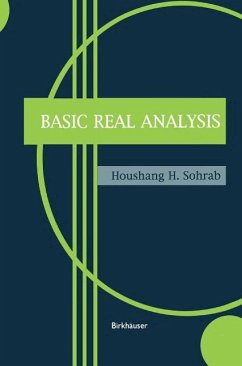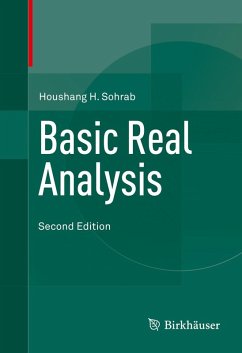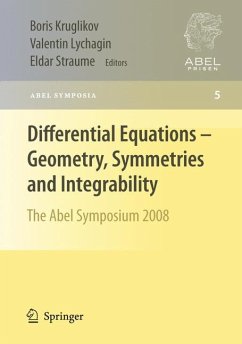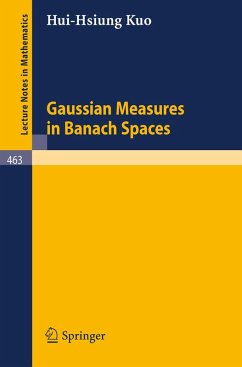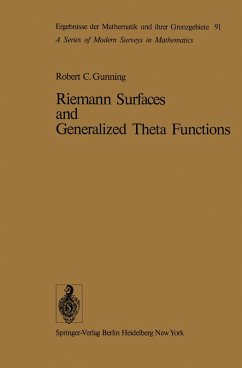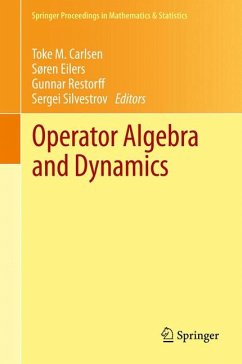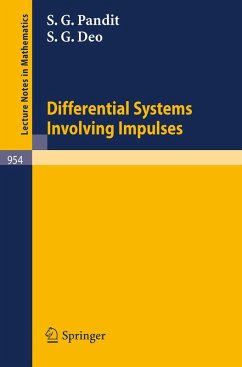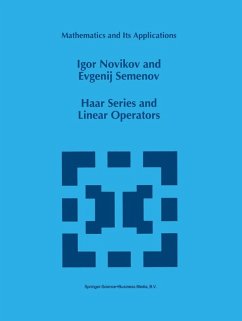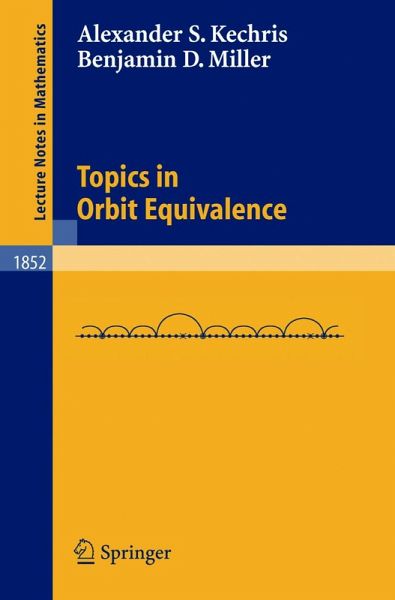
Topics in Orbit Equivalence (eBook, PDF)
Versandkostenfrei!
Sofort per Download lieferbar
30,95 €
inkl. MwSt.
Weitere Ausgaben:

PAYBACK Punkte
15 °P sammeln!
This volume provides a self-contained introduction to some topics in orbit equivalence theory, a branch of ergodic theory. The first two chapters focus on hyperfiniteness and amenability. Included here are proofs of Dye's theorem that probability measure-preserving, ergodic actions of the integers are orbit equivalent and of the theorem of Connes-Feldman-Weiss identifying amenability and hyperfiniteness for non-singular equivalence relations. The presentation here is often influenced by descriptive set theory, and Borel and generic analogs of various results are discussed. The final chapter is...
This volume provides a self-contained introduction to some topics in orbit equivalence theory, a branch of ergodic theory. The first two chapters focus on hyperfiniteness and amenability. Included here are proofs of Dye's theorem that probability measure-preserving, ergodic actions of the integers are orbit equivalent and of the theorem of Connes-Feldman-Weiss identifying amenability and hyperfiniteness for non-singular equivalence relations. The presentation here is often influenced by descriptive set theory, and Borel and generic analogs of various results are discussed. The final chapter is a detailed account of Gaboriau's recent results on the theory of costs for equivalence relations and groups and its applications to proving rigidity theorems for actions of free groups.
Dieser Download kann aus rechtlichen Gründen nur mit Rechnungsadresse in A, B, BG, CY, CZ, D, DK, EW, E, FIN, F, GR, HR, H, IRL, I, LT, L, LR, M, NL, PL, P, R, S, SLO, SK ausgeliefert werden.



